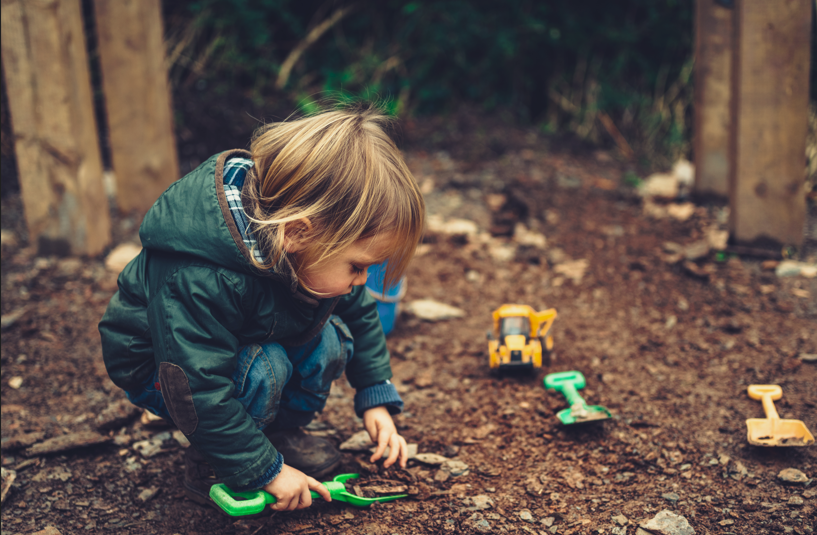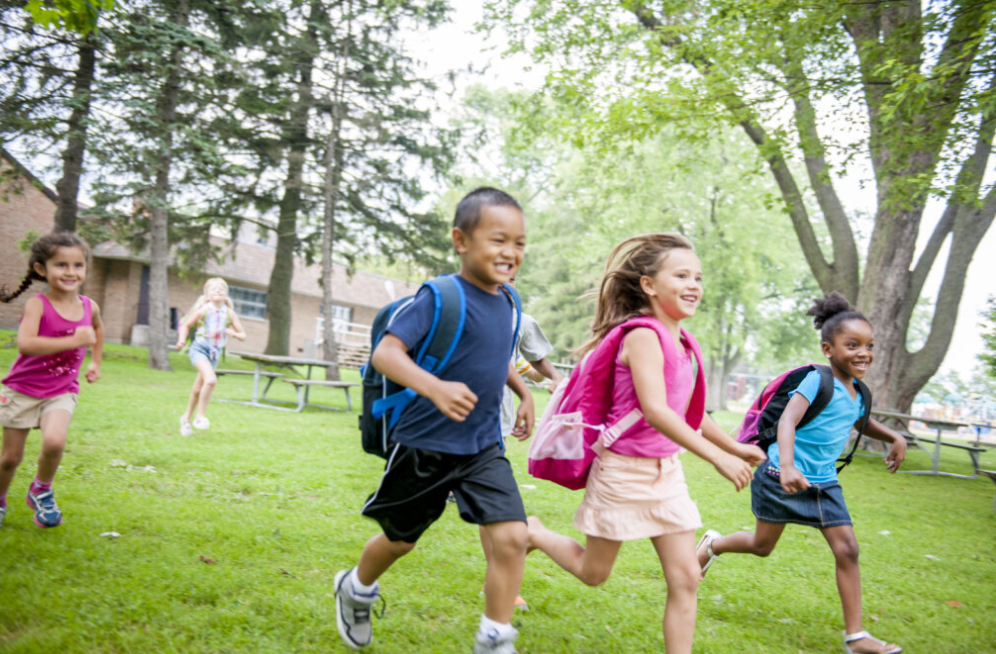Children interact with our environment much differently than adults do. As their bodies rapidly grow and develop, they breathe in more air and take in more food and liquids in proportion to their body weight than adults. They also have more physical contact with their environment as they touch and explore things around them with their hands and mouths.
It's important to make sure children live, learn and play in healthy environments. Learn how you can protect kids from environmental health hazards by navigating to one of the web guides below.




